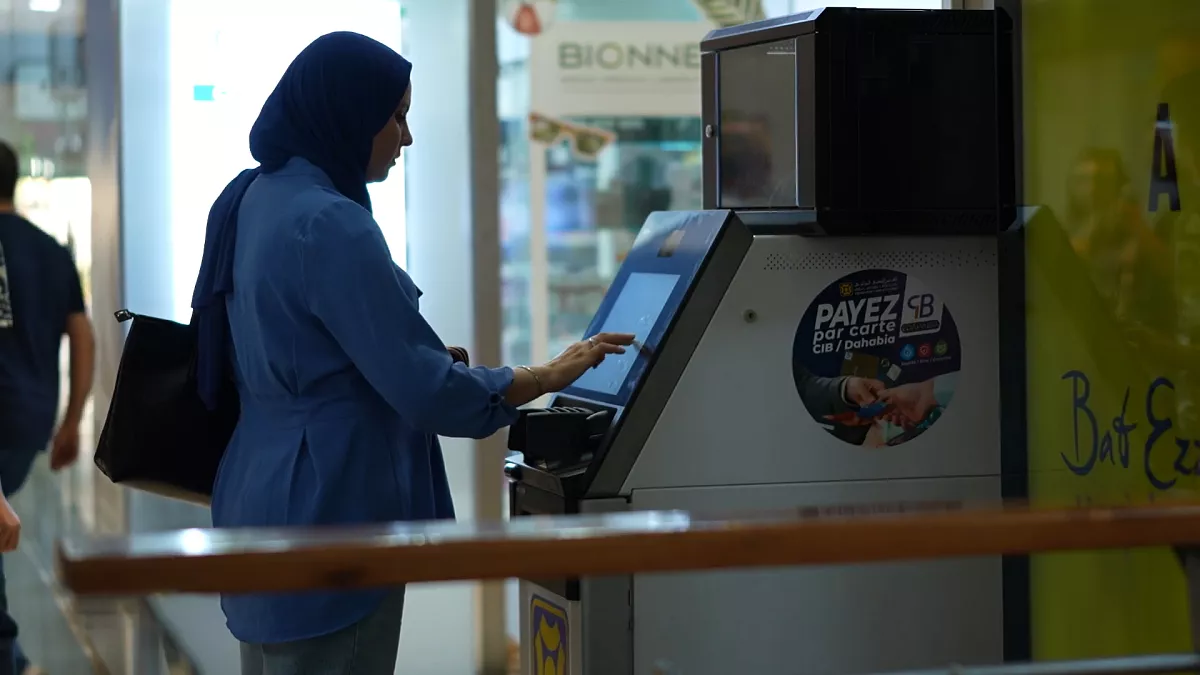
Algeria is striving to reduce its heavy reliance on cash payments through a new, ambitious digital strategy. Yet, despite repeated efforts and government promises, progress remains sluggish, exposing deep-rooted challenges in modernising the country’s financial system.
The Ministry of Finance has outlined a five-pronged roadmap aiming to overhaul the payment landscape.
This includes revising regulations, upgrading infrastructure, digitising transaction flows, launching awareness campaigns, and implementing 49 targeted measures. However, the initiative faces significant obstacles that undermine its impact.
Though Algeria boasts over 20 million bank cards—most issued by the postal network Dahabia—their use in everyday commerce is minimal.
The country’s network of 77,576 electronic funds transfer (EFT) terminals is sparse and heavily concentrated in urban centres, leaving many businesses unable to accept digital payments.
Key innovations like the Mobile Switch system, designed to enable interoperability among banks, and contactless QR code payments have failed to gain traction.
Merchant reluctance and consumer scepticism persist, fueled by a lack of trust in the banking sector, widespread informality, and unstable regulatory conditions.
The government’s push to mandate EFT terminal installations in shops and supermarkets—offered alongside tax incentives—has been met with limited enthusiasm.
Critics argue this top-down, coercive approach neglects the realities of Algeria’s socio-economic fabric and offers little support for technological adoption.
Further complicating matters is the population’s low digital and financial literacy. While authorities have launched media campaigns to raise awareness, the absence of comprehensive banking inclusion reforms and easier access to digital tools leaves these efforts largely symbolic.
Official data reflect the system’s shortcomings: by the end of 2024, only 5.5 million EFT transactions were recorded—amounting to less than €300 million—while ATM withdrawals exceeded 197 million, underscoring the continued dominance of cash.
Beneath a veneer of modernisation, Algeria’s fragmented, largely vertical digital payment policy struggles to overcome entrenched informal economic practices and public mistrust. Despite mounting announcements, tangible results remain frustratingly elusive.



